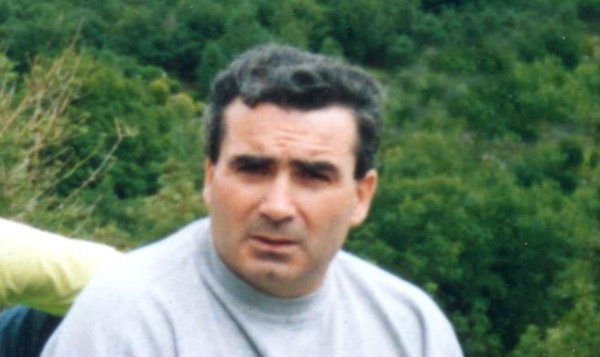
The daughter of a member of the RUC (now PSNI) police killed in a Provisional IRA action in 1990 is to take an unprecedented lawsuit over allegations the killing took place as part of a British ‘psy-ops’ intelligence agenda.
Harry Beckett was one of two members of an RUC patrol who were shot dead in Belfast city centre in June 1990. It has since emerged that the gun used in the attack had been removed by the Crown Forces from an IRA arms cache, but then returned before the attack took place.
In an unprecedented legal action, Mr Beckett’s daughter Kathryn Johnston will argue that the state failed to take action that would have saved her father’s life, presumably to protect a highly-placed republican informer.
In a writ filed at Belfast High Court, she is suing the office of the Chief Constable, the Ministry of Defence, and the British Direct Ruler. Both the PSNI and the British government have refused to comment.
The writ states that Mr Beckett’s death involved “a conspiracy by the use of unlawful means, misfeasance in public office, and/or the negligence of the defendants, their servants and agents”.
Ms Johnston’s lawyer, Kevin Winters, said the case “challenged the belief that bereaved nationalist families have some sort of monopoly on conflict-related litigation”.
He said families of Crown Force members who died were “increasingly querying the intelligence agendas underpinning some cases”.
In 2016, a BBC Spotlight investigation reported the murder weapon had been test-fired by a shadowy Special Branch ballistics unit, the Weapons and Explosives Research Centre (WERC). The Browning 9mm pistol was put back into the IRA arms cache in full working order for reasons unknown.
A separate police investigation into how a Crown Forces ‘psychological operations’ team facilitated a series of killings to protect a top British double-agent inside the Provisional IRA, Stakeknife, has still to make any public report, five years after it began. The agent is alleged to be Freddie Scappaticci (pictured).
Mr Winters said: “Cases citing State collusion with republican paramilitaries disrupt settled narratives. They are reputationally damaging and politically destabilising for the British Government.
“Indeed, they are uncomfortable right across the political spectrum. I wish to commend Kathryn Johnston’s courage in bringing this case given the horrible irony involved.
“I believe the increase in these sort of cases means that London’s recent plan to shut down legacy actions in the courts is more than just a coincidence.”
![[Irish Republican News]](https://republican-news.org/graphics/title_gifs/rn.gif)
![[Irish Republican News]](https://republican-news.org/graphics/title_gifs/harp.gif)

